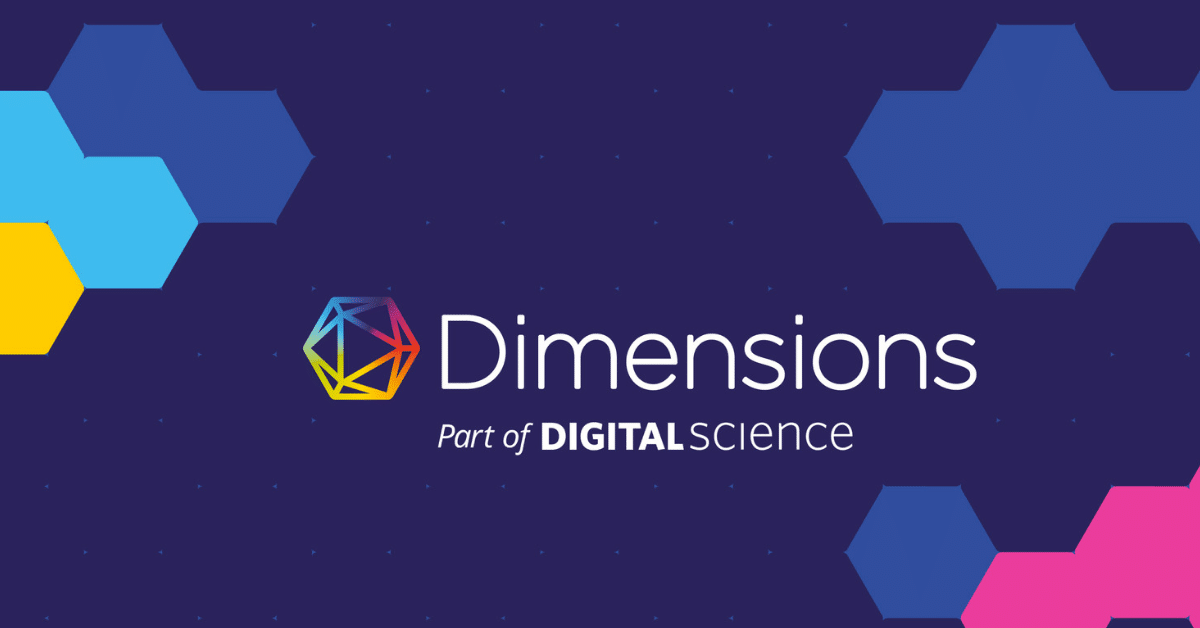PENGELOLAAN DAN PENGORGANISASIAN IDENTITAS MEREK USAHA MIKRO, KECIL, DAN MENENGAH
DOI:
https://doi.org/10.52423/jikuho.v9i2.203Keywords:
Identitas Merek, Pemangku Kepentingan Dan Merek, Penciptaan Bersama, UMKMAbstract
Melalui pertambahan besar Usaha Mikro, Kecil, dan Menengah (UMKM) di Jakarta, provinsi DKI Jakarta melalui Jakpreneur memfasilitasi program membangun dan mengorganisasikan identitas merek para peserta UMKM. Penyelenggaraan ini melibatkan para profesional untuk membantu dalam pengelolaan identitas merek peserta. Dalam proses pengelolaan dan pengorganisasian merek ini mempunyai beberapa hal penting dalam penelitian yaitu, bagaimana mereka memahami tentang identitas merek, pemaknaan dan visualisasi merek, hingga memanajemen merek tersebut, sehingga penciptaan bersama merek ini menjadi bagian penting dalam penelitian. Metodologi penelitian ini mengambil 12 (duabelas) UMKM yang berkontribusi penuh dalam kegiatan, dengan wawancara dan pengerjaan visualisasi bersama sebagai data penting penelitian. Temuan yang peneliti dapatkan bahwa pengorganisasian dan pengelolaan identitas merek sangat berpengaruh dengan beberapa hal, yaitu pertama adalah pemahaman tentang identitas merek sebagai dasar utama, kedua adalah visi, misi, dan pemaknaan yang relevan dan terfokus, ketiga adalah rasa dan keterikatan antara pemilik perusahaan dengan perusahaan yang didirikannya.
References
Aisha, S., & Mulyana, D. (2019). Indonesian postgraduate students’ intercultural communication experiences in the United Kingdom. Jurnal Kajian Komunikasi, 7(1), 1. https://doi.org/10.24198/jkk.v7i1.20901
Alfakhri, D., Harness, D., Nicholson, J., & Harness, T. (2017). The role of aesthetics and design in hotelscape : A phenomenological investigation of cosmopolitan consumers ☆. Journal of Business Research, (xxxx), 0–1. https://doi.org/10.1016/j.jbusres.2017.10.031
Bataineh, A. Q., Alfalah, T., & Idris, M. I. (2017). The Effect of Employee-Based Brand Equity on Organizational Citizenship Behavior : The Mediating Role of Job Satisfaction. (July 2019). https://doi.org/10.6007/IJARBSS/v7-i2/2651
Braun, V., & Clarke, V. (2008). Using thematic analysis in psychology Using thematic analysis in psychology. (January 2013), 37–41.
Bravo, Rafael; Isabel, Buil Leslie, de Chernatony; Eva, M. (2017). Article information : Managing brand identity : effects on the employees. International Journal of Bank Marketing, 35. https://doi.org/http://dx.doi.org/10.1108/IJBM-10-2015-0148
Buil, I., Catalán, S., & Martínez, E. (2016). The importance of corporate brand identity in business management: An application to the UK banking sector. BRQ Business Research Quarterly, 19(1), 3–12. https://doi.org/10.1016/j.brq.2014.11.001
Celsi, M. W., & Gilly, M. C. (2010). Employees as internal audience : how advertising affects employees ’ customer focus. 520–529. https://doi.org/10.1007/s11747-009-0173-x
Chung, S. Y. (Ashley), & Byrom, J. (2021). Co-creating consistent brand identity with employees in the hotel industry. Journal of Product and Brand Management, 30(1), 74–89. https://doi.org/10.1108/JPBM-08-2019-2544
Dean, D., Arroyo-gamez, R. E., Punjaisri, K., & Pich, C. (2016). Internal brand co-creation : The experiential brand meaning cycle in higher education. Journal of Business Research, 1–8. https://doi.org/10.1016/j.jbusres.2016.01.019
Heding, T., Knudtzen, C. F., & Bjerre, M. (2020). Brand management: Mastering research, theory and practice. Routledge.
Hollebeek, L. D., Glynn, M. S., & Brodie, R. J. (2014). Consumer brand engagement in social media: Conceptualization, scale development and validation. Journal of Interactive Marketing, 28(2), 149–165. https://doi.org/10.1016/j.intmar.2013.12.002
Iglesias, O., Landgraf, P., Ind, N., Markovic, S., & Koporcic, N. (2019). Corporate brand identity co-creation in business-to-business contexts. Industrial Marketing Management, (August 2018), 0–1. https://doi.org/10.1016/j.indmarman.2019.09.008
Kennedy, E., & Guzmán, F. (2001). Journal of consumer marketing. Journal of Consumer Marketing, 18(5). Retrieved from http://www.emeraldinsight.com.ezproxy.northampton.ac.uk/doi/full/10.1108/07363760110398808
Lages, C., & Simões, C. (2013). Reconceptualizing brand identity in a dynamic environment ☆. Journal of Business Research, 66(1), 28–36. https://doi.org/10.1016/j.jbusres.2011.07.020
Leckie, C., Nyadzayo, M. W., & Johnson, L. W. (2016). Antecedents of consumer brand engagement and brand loyalty. Journal of Marketing Management, 32(5–6), 558–578. https://doi.org/10.1080/0267257X.2015.1131735
Lee, Y. K., Kim, S., & Kim, S. Y. (2014). The Impact of Internal Branding on Employee Engagement and Outcome Variables in the Hotel Industry. Asia Pacific Journal of Tourism Research, 19(12), 1359–1380. https://doi.org/10.1080/10941665.2013.863790
Makkonen, H., Aarikka-Stenroos, L., & Olkkonen, R. (2012). Narrative approach in business network process research - Implications for theory and methodology. Industrial Marketing Management, 41(2), 287–299. https://doi.org/10.1016/j.indmarman.2012.01.012
Mangold, W. G., & Miles, S. J. (2007). The employee brand: Is yours an all-star? Business Horizons, 50(5), 423–433. https://doi.org/10.1016/j.bushor.2007.06.001
Park, C. W., Eisingerich, A. B., & Park, J. W. (2013). Attachment-aversion (AA) model of customer-brand relationships. Journal of Consumer Psychology, 23(2), 229–248. https://doi.org/10.1016/j.jcps.2013.01.002
Piehler, R., Schade, M., & Burmann, C. (2019). Employees as a second audience: the effect of external communication on internal brand management outcomes. Journal of Brand Management, 26(4), 445–460. https://doi.org/10.1057/s41262-018-0135-z
Prahalad, C. K., & Ramaswamy, V. (2004). Co‐creating unique value with customers. Strategy & Leadership, 32(3), 4–9.
Ruslan, A. (2020). Identitas Visual Milenial Dalam Merek Minuman Bubble Tea di Tangerang Selatan kekinian untuk anak milenial dan semakin negeri yang merupakan pokok utama dalam perekonomian ekonomi sebagai komoditas masuk ke Indonesia . Tak mengherankan bila sebuah artikel. 08(01), 46–59.
Tourky, M., Foroudi, P., Gupta, S., & Shaalan, A. (2020). Conceptualizing corporate identity in a dynamic environment. Qualitative Market Research: An International Journal, 24(2), 113–142.
Wang, Y. C., Yang, J., & Yang, C. E. (2019). Hotel internal branding: A participatory action study with a case hotel. Journal of Hospitality and Tourism Management, 40(May), 31–39. https://doi.org/10.1016/j.jhtm.2019.05.002
Whetten, D. A. (2006). Albert and Whetten revisited: Strengthening the concept of organizational identity. Journal of Management Inquiry, 15(3), 219–234. https://doi.org/10.1177/1056492606291200
Downloads
Published
Issue
Section
License
Copyright (c) 2024 The Authors

This work is licensed under a Creative Commons Attribution-NonCommercial-ShareAlike 4.0 International License.











